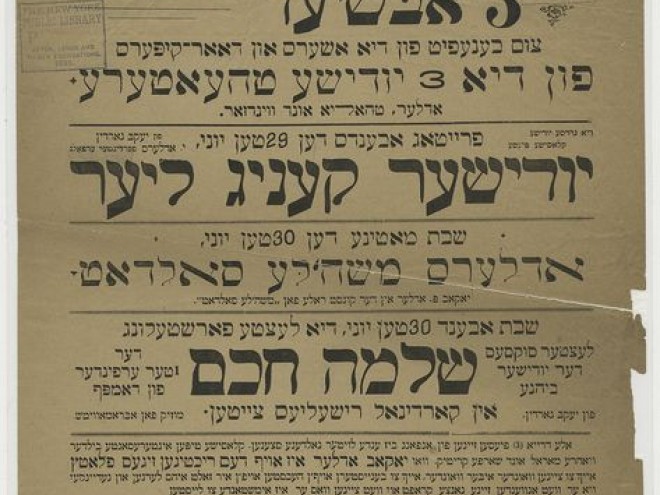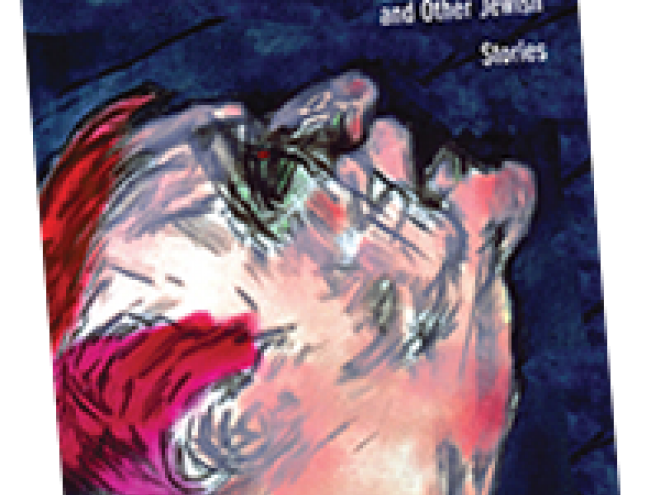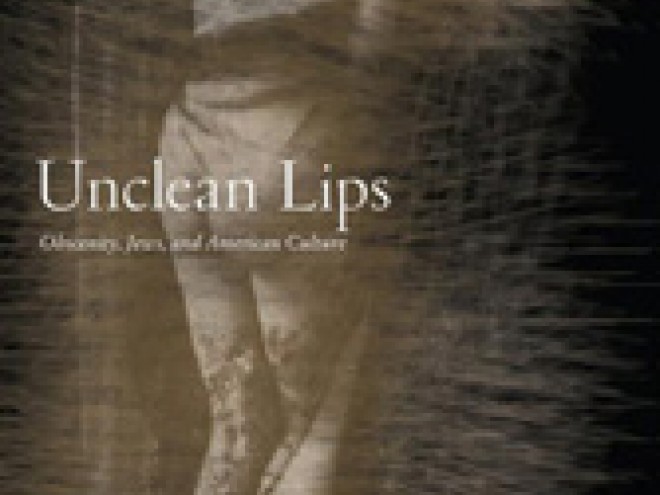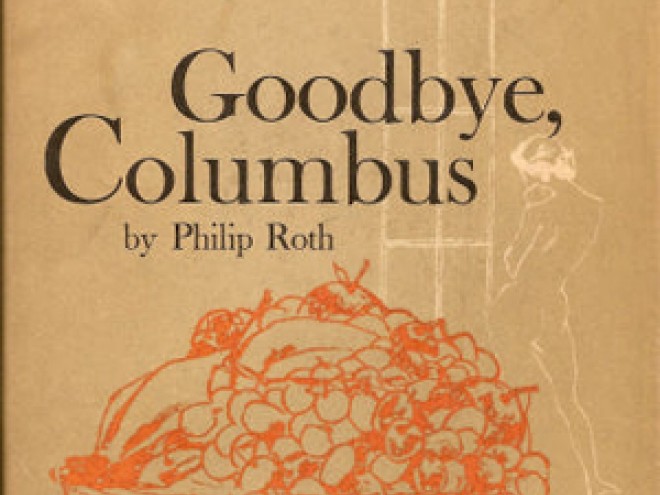One of the points I make in my book is that what’s dirty in Yiddish isn’t always dirty in English, and vice versa. Here’s one example that I didn’t have space to include in its entirety.
At Lenny Bruce’s obscenity trial in Los Angeles, in February 1963, a Yiddish-speaking police sergeant named Sherman Block translated, for the jury’s benefit, a few of the Yiddish words Bruce had used in his act. What Sherman said, among other things, was that “throughout his narration, suspect [Bruce] interjected the terms ‘shmuck’ and ‘putz,’ which are Yiddish, and mean ‘penis.’”
Bruce disagreed. On the 1965 album Lenny Bruce Is Out Again, he countered:
Shmuk! The word shmuk is a German word. And it means literally in German a man’s decoration. Emes, a boutonniere, a lapel watch. I don’t think, uh — in a Yiddish dictionary, the Harkov [sic] dictionary, it says shmuk: ‘A yard, a fool.’ So there we have the literal — I don’t think the colloquial — any Jew gave it a different inference: ‘You’re acting like a man’s penis.’ I’m not going to be a penis anymore, let Nate be the penis from now on. So shmuk don’t mean shmuk, except to some putz who digs it.
Bruce was a comedian, not a linguist, so it shouldn’t come as a surprise that this is funnier than it is, uh, true. Here’s the relevant entry from Alexander Harkavy’s 1928 Yiddish-English-Hebrew Dictionary:

To native speakers of Yiddish, “shmuk” still has just as much power to offend as “cojones” does in Spanish, or as “cock” or “prick” do in English. But that didn’t stop the word from becoming increasingly prominent in all sort of English-language publications since the 1960s. Here’s the Google n‑gram:

You can say “shmuck” in English now on the radio, on billboards, even on a television station as squeaky clean as QVC. So, is it a dirty word or a clean word? Simply depends on who’s listening.
Josh Lambert is the Academic Director of the Yiddish Book Center and as Visiting Assistant Professor of English at the University of Massachusetts, Amherst. He is the author of Unclean Lips: Obscenity, Jews, and American Culture(2013) and American Jewish Fiction: A JPS Guide (2009), and a contributing editor to Tablet magazine.
Bonus Video: 7 Great Uses of “Schmuck”
Josh Lambert (web/twitter) is the Sophia Moses Robison Associate Professor of Jewish Studies and English, and Director of the Jewish Studies Program, at Wellesley College. His books include Unclean Lips: Obscenity, Jews, and American Culture (2014), and The Literary Mafia: Jews, Publishing, and Postwar American Literature (2022).



